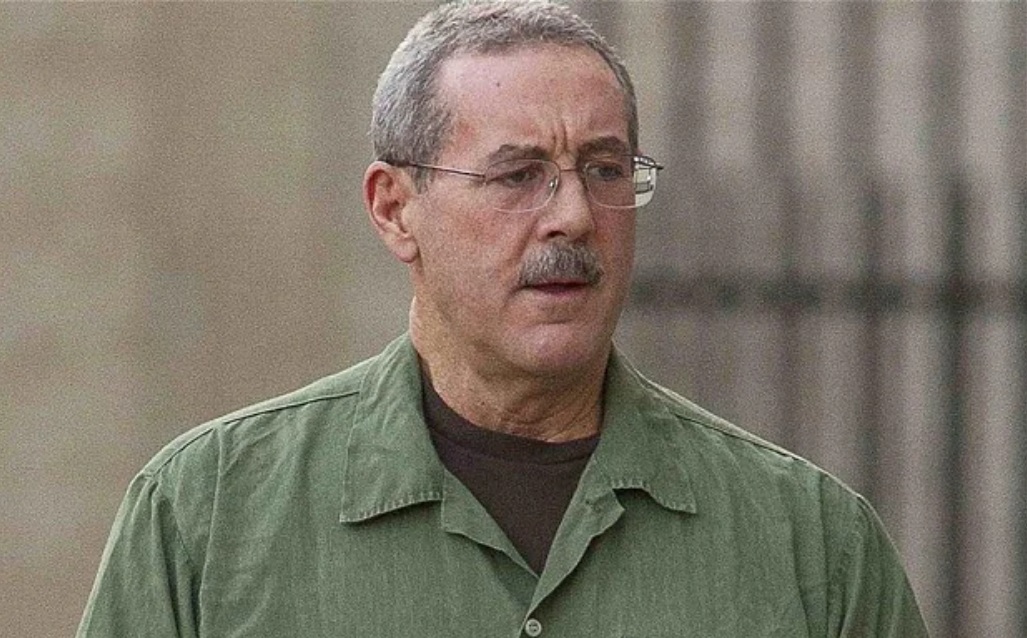In an age where money drives politics, business, and technology, financial frauds and scams have become a global epidemic. While some cons are minor and short-lived, others have shaken the global economy and ruined millions of lives. From Wall Street masterminds to corporate criminals, this article uncovers the 6 most costly scams in human history—frauds that cost billions and exposed systemic vulnerabilities in governance, regulation, and human trust.
If you’re curious about how large-scale deception can take down empires, read on. These scams didn’t just break the bank—they rewrote financial history.

Perhaps the most notorious scam in modern history, Bernie Madoff’s Ponzi scheme is a textbook example of deceit on Wall Street. Madoff, a former NASDAQ chairman, promised consistently high returns by supposedly investing in blue-chip stocks and options. In reality, he was using new investors’ money to pay off old ones.
This fraud lasted over 17 years, affecting thousands of individuals, charities, hedge funds, and even banks. When the 2008 financial crisis hit and clients began requesting withdrawals, the pyramid collapsed. Madoff confessed, was arrested, and sentenced to 150 years in prison.

Enron Corporation, once hailed as America’s most innovative company, cooked its books to hide massive debts and inflate profits. Executives used complex accounting loopholes, shell companies, and special purpose entities to deceive investors and regulators.
When the truth unraveled in 2001, the company went from being a Wall Street darling to filing the largest bankruptcy in U.S. history at the time. Thousands lost their jobs and life savings, and investors lost over $74 billion in stock value.
The Enron scandal also led to the dissolution of Arthur Andersen, one of the five largest audit and accountancy firms in the world, and birthed the Sarbanes-Oxley Act to enhance corporate transparency.

The 1Malaysia Development Berhad (1MDB) scandal is a tale of political corruption, international intrigue, and missing billions. Originally established by the Malaysian government to promote economic development, the fund was misused by high-level officials and financiers—most notably Jho Low and allegedly former Prime Minister Najib Razak.
Funds meant for public infrastructure were siphoned off and spent on luxury real estate, art, yachts, and even financing Hollywood films like The Wolf of Wall Street. U.S. authorities claim more than $4.5 billion was stolen.
The scandal led to massive protests in Malaysia, a change in government, and global investigations involving over a dozen countries.

Texas billionaire Allen Stanford promised high returns through certificates of deposit from his offshore bank in Antigua. Thousands of investors from 100+ countries bought into the scheme, believing their investments were safe.
But in 2009, it was exposed as a massive $7 billion Ponzi scheme, making it one of the largest in U.S. history. Stanford used investors’ funds to finance a lavish lifestyle—private jets, yachts, and cricket tournaments.
He was sentenced to 110 years in prison, and his scam serves as a glaring warning about offshore banking and unregulated investments.

This isn’t a traditional scam involving stolen money—but it’s one of the most costly corporate deceits ever. In 2015, it was discovered that Volkswagen had installed software in millions of its diesel cars that manipulated emissions during testing.
The cars passed regulatory checks but emitted pollutants up to 40 times the legal limit in real-world driving conditions. The scandal, dubbed “Dieselgate,” affected more than 11 million vehicles globally.
Volkswagen has since paid over $30 billion in fines, lawsuits, and vehicle buybacks. The brand’s reputation took a massive hit, and the event prompted stricter emissions testing worldwide.

Germany’s Wirecard AG, once considered a fintech darling, collapsed in 2020 after auditors revealed that €1.9 billion ($2 billion) listed on its balance sheet simply didn’t exist. The company had been cooking its books for years, creating fake revenue through nonexistent subsidiaries in Asia.
CEO Markus Braun was arrested, and COO Jan Marsalek became one of Europe’s most wanted fugitives. The scandal shook investor confidence in the German financial system and exposed the failures of regulators like BaFin.
Wirecard’s downfall is considered Germany’s biggest corporate fraud and highlights the dangers of unchecked growth in the fintech space.
The Ripple Effects of Massive Scams
These scams aren’t just financial tragedies—they leave emotional, legal, and systemic scars. Victims lose life savings, employees lose jobs, and public trust in financial systems is shattered. Beyond the billions lost, these events often lead to:
-
Stricter financial regulations
-
Revised compliance frameworks
-
New forensic accounting tools
-
Global cooperation in financial crime investigations
Understanding these high-profile scams can help individuals and businesses recognize red flags and avoid future traps.
How to Protect Yourself from Large-Scale Frauds
No one is immune to scams—especially when they’re executed by professionals wearing suits and backed by legitimate institutions. Here are some essential tips to stay safe:
-
Always verify investments with regulators (like SEC or FINRA).
-
Avoid “guaranteed returns” or anything that sounds too good to be true.
-
Be wary of offshore accounts with limited transparency.
-
Demand transparency, especially in complex investment vehicles.
-
Follow financial news to stay updated on ongoing fraud investigations.






Be First to Comment